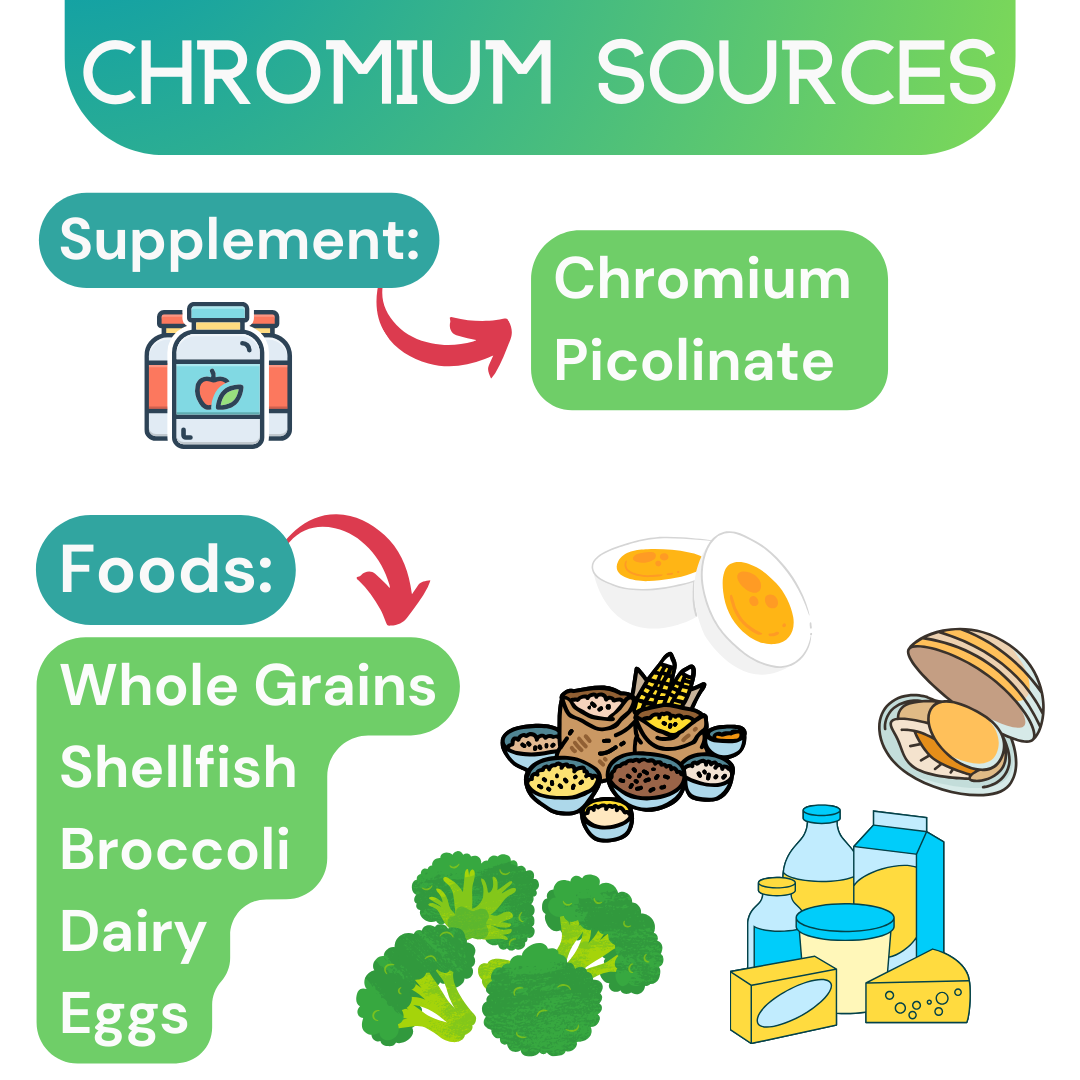Most conventional medical advice treats insulin resistance with metformin and increased exercise, but these are symptom management tools rather than root cause solutions.
💡 What actually causes insulin resistance?
➡️ Dysfunctional insulin receptors due to vitamin and mineral deficiencies.
💡 How do we fix it?
➡️ Restoring key nutrients that insulin receptors need to function properly.
Instead of focusing solely on blood sugar control, addressing intracellular nutrient deficiencies can directly restore insulin receptor function and reverse insulin resistance over time.
Key Nutrients Required for Insulin Receptor Function
The insulin receptor is not just a passive structure—it requires specific vitamins, minerals, and fatty acids to work efficiently. Here’s a breakdown of the most critical nutrients for insulin receptor health:
1. Zinc: The Missing Link in Insulin Signaling
Why Zinc Matters for Insulin Receptors:
✔️ Zinc is required for insulin to bind to its receptor and activate glucose uptake.
✔️ Zinc deficiency leads to insulin resistance by impairing insulin receptor activation.
✔️ Zinc also reduces oxidative stress and inflammation, both of which contribute to insulin resistance.
🔬 Clinical Insight: Studies show that supplementing with zinc improves glucose metabolism and insulin sensitivity in people with type 2 diabetes.
🛑 Zinc Deficiency Symptoms:
Poor blood sugar control
Increased cravings for sugar and carbs
Slow wound healing
Weak immune system
💡 Solution: Zinc-rich foods (oysters, red meat, pumpkin seeds) + zinc supplementation (15-30mg daily).
2. Omega-3 Fatty Acids (DHA & EPA): The "Oil" for Insulin Receptors
Why Omega-3s Matter:
✔️ DHA (Docosahexaenoic Acid) is essential for insulin receptor function, acting as the "oil" that keeps the receptor running smoothly.
✔️ EPA (Eicosapentaenoic Acid) reduces inflammation, which improves insulin signaling.
🔬 Clinical Insight: Low omega-3 levels are linked to higher insulin resistance and metabolic dysfunction.
🛑 Signs of Omega-3 Deficiency:
Brain fog
Dry skin and brittle nails
Joint pain
Insulin resistance
💡 Solution: Cold-water fatty fish (salmon, sardines), fish oil supplements (DHA/EPA-rich formulas).
3. Chromium: The Forgotten Mineral for Glucose Control
Why Chromium Matters:
✔️ Chromium enhances insulin receptor sensitivity and improves glucose uptake.
✔️ Chromium deficiency leads to higher blood sugar and worsened insulin resistance.
🔬 Clinical Insight: A meta-analysis of chromium supplementation found that it significantly improves insulin sensitivity and blood sugar levels in people with diabetes.
🛑 Signs of Chromium Deficiency:
Sugar cravings
Fatigue
Frequent urination
Weight gain
💡 Solution: Chromium-rich foods (broccoli, eggs, beef) + Chromium Picolinate supplementation (200-600 mcg daily).
4. B12 & Folate: The Methylation Supporters
Why B12 & Folate Matter:
✔️ B12 and folate support insulin receptor function by regulating methylation, a process required for proper cellular signaling.
✔️ Deficiencies in these vitamins lead to metabolic dysfunction and insulin resistance.
🔬 Clinical Insight: Studies show that people with insulin resistance often have low levels of B12 and folate, particularly those taking metformin.
🛑 Signs of B12 & Folate Deficiency:
Numbness or tingling in hands and feet
Low energy and brain fog
Poor digestion
High homocysteine levels
💡 Solution: B12 (methylcobalamin) & Folate (methylfolate) supplementation or B-vitamin complex.
5. Magnesium: The Master Mineral for Insulin Sensitivity
Why Magnesium Matters:
✔️ Magnesium is required for insulin signaling and glucose transport.
✔️ Low magnesium levels increase insulin resistance and metabolic syndrome risk.
🔬 Clinical Insight: 80% of people with diabetes are magnesium deficient. Magnesium supplementation has been shown to improve insulin sensitivity and lower blood sugar.
🛑 Signs of Magnesium Deficiency:
Muscle cramps
Anxiety and stress
Sugar cravings
High blood pressure
💡 Solution: Magnesium-rich foods (avocados, leafy greens, almonds) + Magnesium Glycinate supplementation (400-600mg daily).
How to Restore Insulin Sensitivity Naturally
🔎 Step 1: Get an Intracellular Vitamin & Mineral Test
💡 Standard blood tests don’t show what’s inside your cells. An intracellular vitamin panel can pinpoint exact deficiencies contributing to insulin receptor dysfunction.
💊 Step 2: Target Your Nutrient Deficiencies with High-Quality Supplements
Zinc (15-30mg daily) for insulin signaling
Omega-3s (DHA & EPA) for receptor function
Chromium (200-600 mcg daily) for glucose control
B12 & Folate for methylation support
Magnesium (400-600mg daily) for insulin sensitivity
🏋️♂️ Step 3: Exercise to Activate Insulin Receptors
Strength training and high-intensity exercise improve insulin receptor function and glucose uptake.
🥗 Step 4: Eat a Low-Inflammation, High-Nutrient Diet
Whole foods, healthy fats, and nutrient-dense meals can help restore insulin sensitivity faster.
You CAN Reverse Insulin Resistance!
📌 Insulin resistance is not just about blood sugar—it’s about dysfunctional insulin receptors due to nutrient deficiencies.
📌 Addressing these deficiencies with targeted supplementation can restore receptor function and improve glucose metabolism.
📌 Intracellular vitamin testing provides a blueprint for reversing insulin resistance naturally.
🔬 If you've been struggling with insulin resistance, it's time to take a deeper look at your nutrient status and fix the root cause!




















Share this post